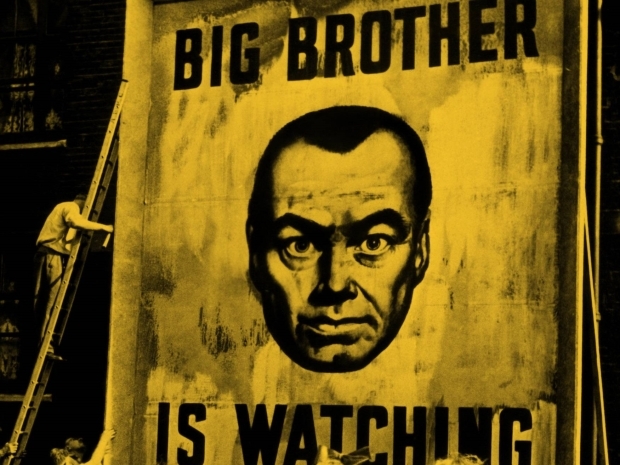They've announced this alongside plans to get tough on serial or abusive shoplifters in England and Wales. These blokes could be forced to wear a tag to make sure they don't pop back to the scene of their crime under a new standalone criminal offence of assaulting a retail worker.
This new law could see wrongdoers sent to prison for up to six months and slapped with unlimited fines. It's being introduced via an amendment to the criminal justice bill that's working its way through parliament. This change could happen as early as the summer.
The government said it would invest €65.5 million over four years. The plan includes €4.7 million for mobile units that can be deployed on high streets. These units use live facial recognition in crowded areas to identify people the police want to speak with, including repeat shoplifters.
This investment follows the development of Project Pegasus, in which some of the UK’s biggest retailers, including Marks & Spencer, Boots, and Primark, run their CCTV images through police databases using facial recognition technology.
Campaign group Big Brother Watch civil liberties director Silkie Carlo said the government’s investment in facial recognition technology was “an abysmal waste of public money.”
“This Orwellian tech has no place in Britain,” she said, adding: “Criminals should be brought to justice, but papering over the cracks of broken policing with Orwellian tech is not the solution. It is completely absurd to inflict mass surveillance on the general public under the premise of fighting theft while police are failing to even turn up to 40% of violent shoplifting incidents or to investigate many more serious crimes properly,” he said.
The €65.5 million will come from a €283 million investment in police productivity over four years, which was announced in the budget, while the €4.7 million on more mobile units will be spent over the next year.
Backing for a specific retail worker assault offence marks a U-turn for the government, which previously blocked a Labour-backed amendment to the criminal justice bill that would have assaulted a retail worker a specific criminal offence carrying a sentence of 12 months behind bars or a fine of up to €11,800.
Chris Philp, the policing minister, said at the time the move could lead to a problem of “equity between retail workers and other public-facing workers”.
However, retailers have demanded action against what they say is an epidemic of retail crime driven by organised by gangs targeting vulnerable stores. In October 90, retail leaders, including the bosses of Tesco, Sainsbury’s, Boots, and WH Smith, wrote to the government demanding action to address rising retail crime.
Paul Gerrard, Co-op's campaigns and public affairs director, said: “I’m glad that after six years of hard campaigning, we have got to the point where this offence will become law.” He said that in Scotland, where a similar law is already in place, the arrest rate for retail crime was 60 per cent compared with just 10 per cent in England.

